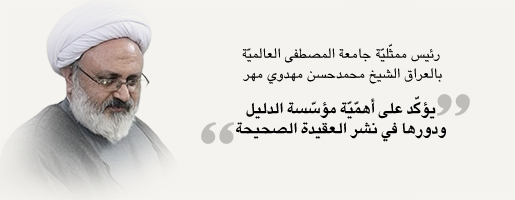





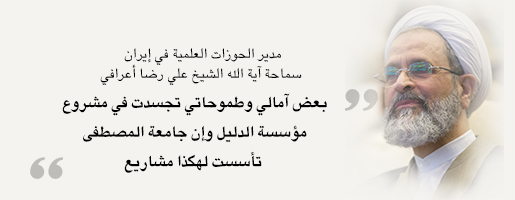

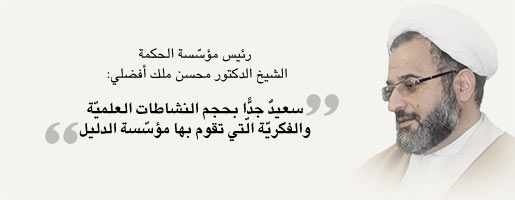
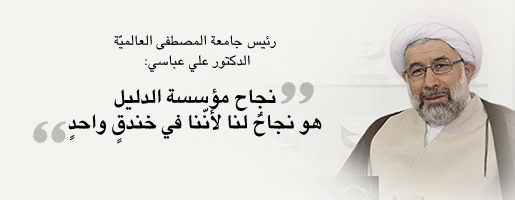





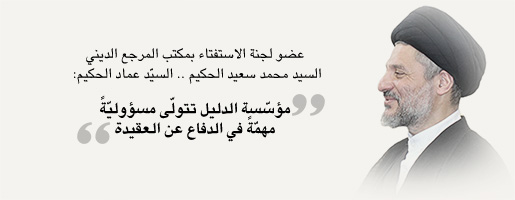
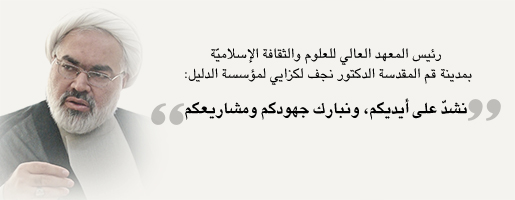

Ibrahim Bah
Summary
This article attempts to explain and criticize Kierkegaard's theory of faith, that is, to explain the nature of faith from Kierkegaard's viewpoint. It tries to critique and analyze it, showing the problems that can be answered and the consequences thereof. Kierkegaard gives several evidences to support what he thinks that the evidences in horizons are alien to faith, rather they may refute it, and that the truth is a self matter coming out of the ontological relationship between man and God, and that the main characteristic of faith is the enthusiasm coming out of risk; Therefore, he does not see that reason has a role in faith, except the confession of failure and inability to interfere in the area of faith. According to Kierkegaard, the perfection of faith lies in its opposition to reason. Faith does not need evidence; so, he thinks that even if religious issues can be proven, this proof will not serve religion and faith, but, in fact, it would be a tool for destroying the spirit of faith. Faith does not need proof. We have got to many important consequences of this theory, the most important ones of which are: separation of religion from public life, making religion unable to have any influence on social life, and unable to have a general measure for evaluating , that is reason.
